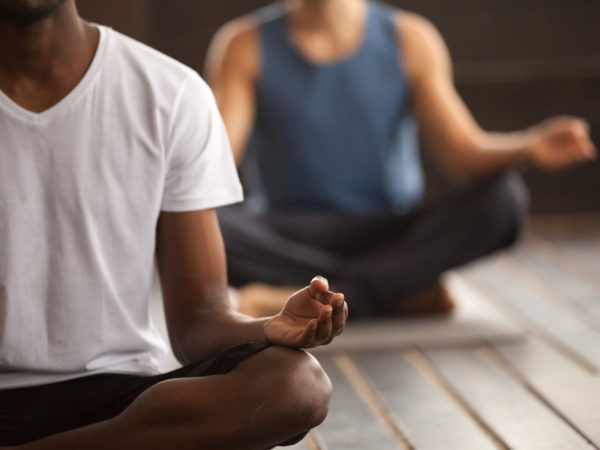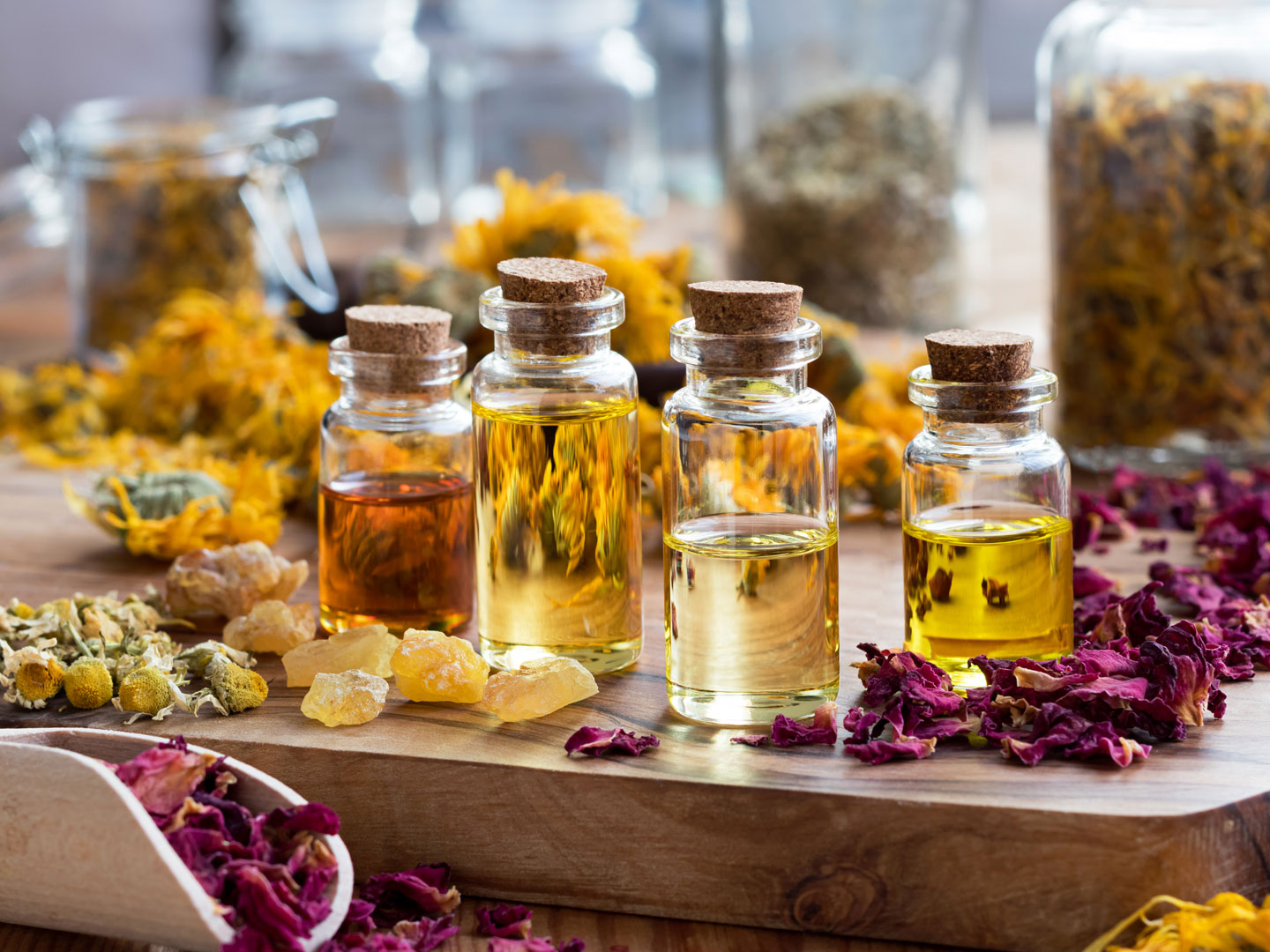Addressing Anxiety Symptoms, Naturally

Anxiety is a normal reaction to stressful situations; feeling nervous when speaking in front of a large group or experiencing a racing heartbeat when faced with a dangerous situation. These physiological responses help prepare you to react to a threatening situation, or can get you charged up to perform well in a sporting event or an important exam. Learn how to address anxiety symptoms naturally with the following lifestyle changes.
Addressing Anxiety Symptoms, Naturally
Video Transcript
Anxiety is a normal reaction to stressful situations; feeling nervous when speaking in public or experiencing a racing heartbeat when faced with a dangerous situation.
Anxiety symptoms can manifest as
Addressing anxiety symptoms through lifestyle changes can help. Try the following:
Breathing Exercises
Do you hold your breath or hyperventilate while anxious and not even realize it? Breath work can offer an immediate lessening of anxiety and a sense of empowerment.
Meditation Practice
Together – training one’s mind to focus on the here and now, and practicing meditation on a regular basis – can both result in significant, long-term reduction of anxiety.
Eliminate Caffeine
Stimulants in the diet, especially for those are stimulant sensitive can be a contributor to anxiety symptoms.
Journaling
Writing down anxious thoughts and worries can help reduce stress, identify unfounded fears, and monitor progress.
Daily Exercise
Exercises such as brisk walking and moderate strength training can reduce stress and anxiety, and re-focus negative thoughts.
Taking A News Or Media Break
A week (or even a weekend) without the news in any form can teach us that we have choices in how much information we are exposed to, as well as how to process the news.
Other ideas include:
- Biofeedback
A mind-body technique that helps teach patients how to influence their autonomic nervous systems: blood pressure, heart rate, muscle tension, and brainwave frequency. - Cognitive Behavioral Therapy
A counseling-oriented approach to achieving long-term improvement in emotional well-being.
Essential oils such as:
- Lavender Oil
Studies have found lavender oil to have a significant ability to ease anxiety and some sleep disturbances when used in aromatherapy. - Lemon Balm Oil
Lemon balm has been used for centuries to address restlessness and insomnia and to reduce anxiety and to help promote a sense of calm. - Chamomile Oil
In a placebo-controlled study with cancer patients, massage with chamomile essential oil reduced anxiety and improved symptoms. - Lemongrass Oil
Has been used in folk medicine to treat anxiety, induce rest, and lower blood pressure.
And lastly, some supplments and herbs to consider:
- B vitamins can help stabilize mood and support adrenal function
- Passionflower can be calming without being meditative.













